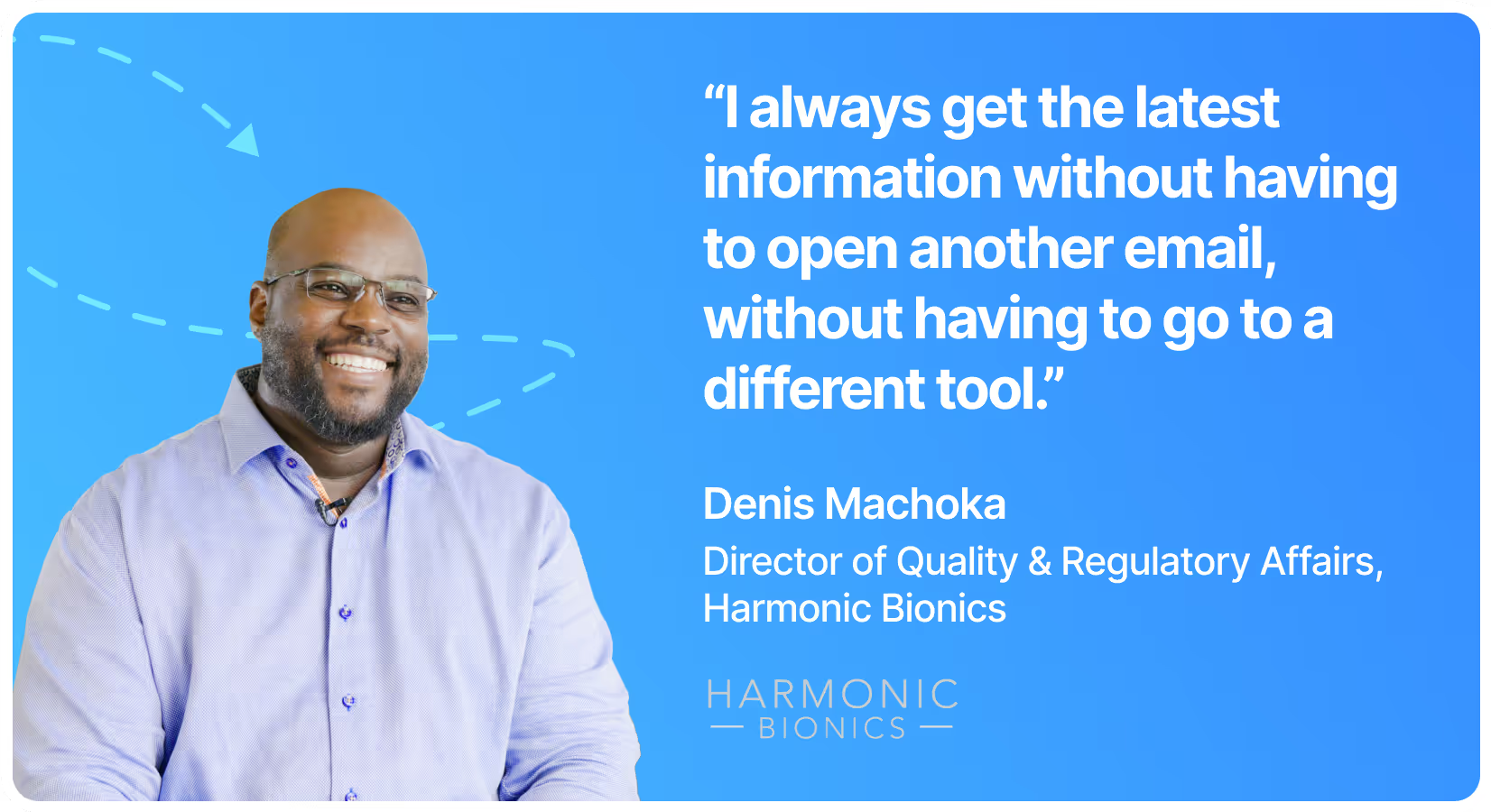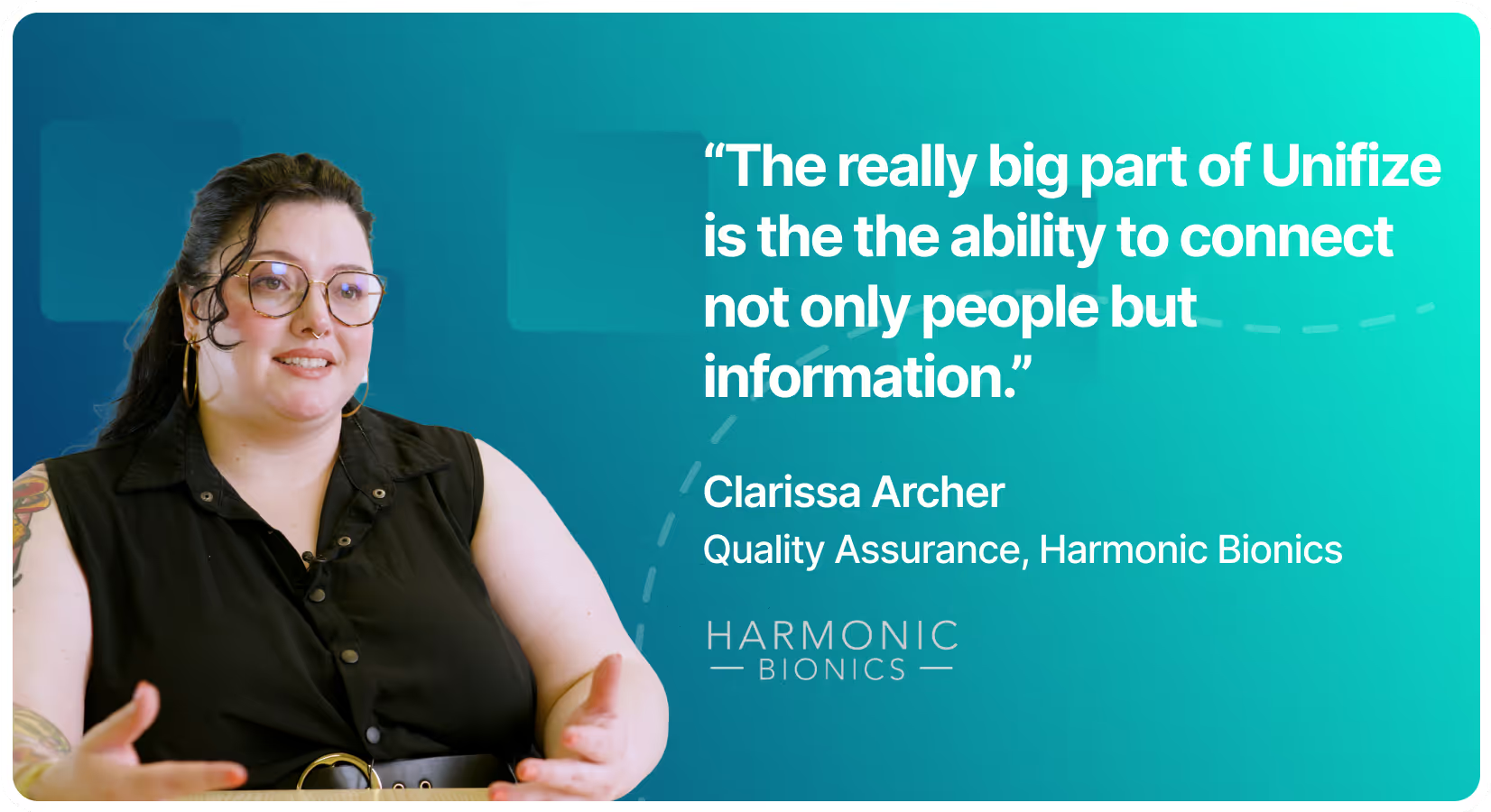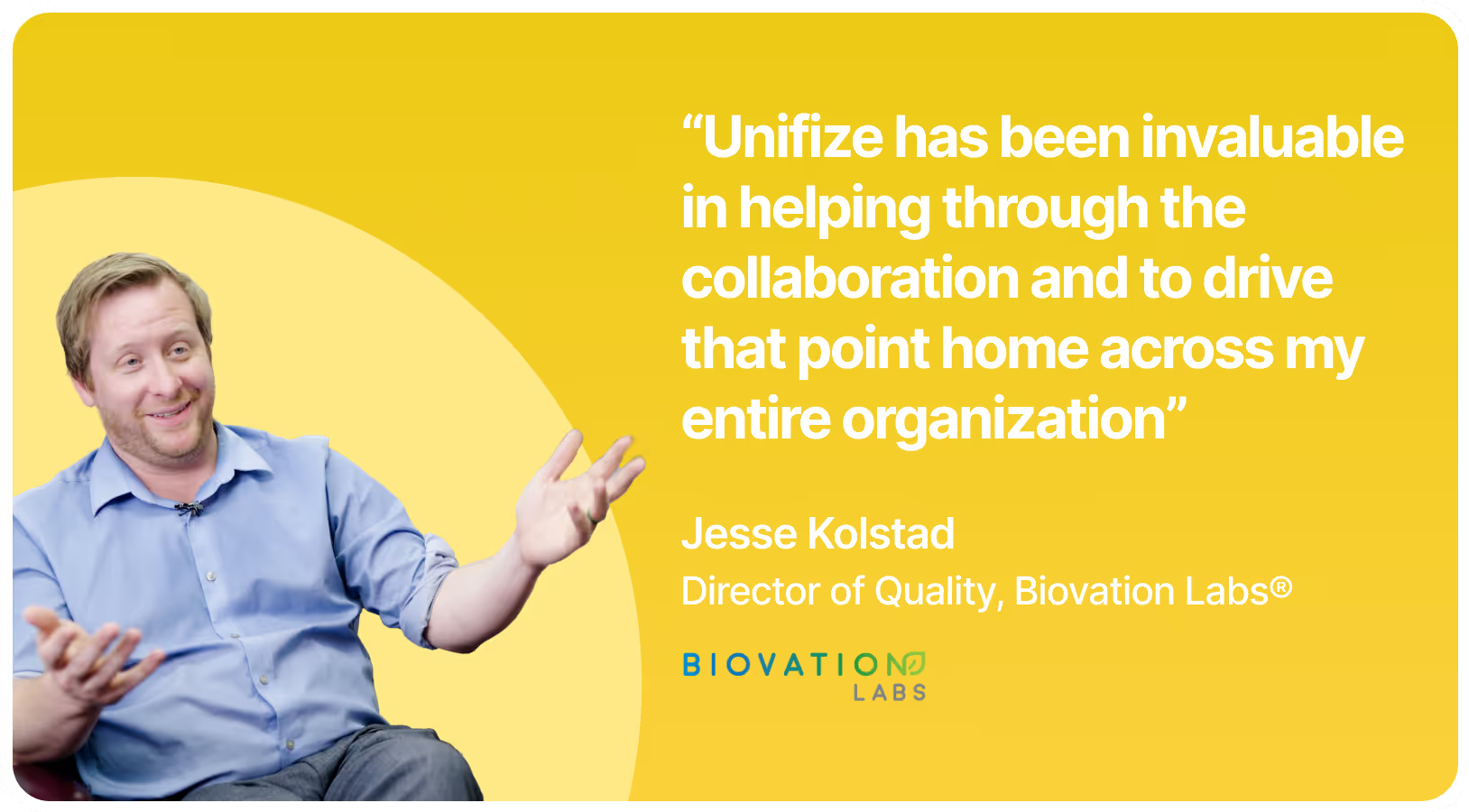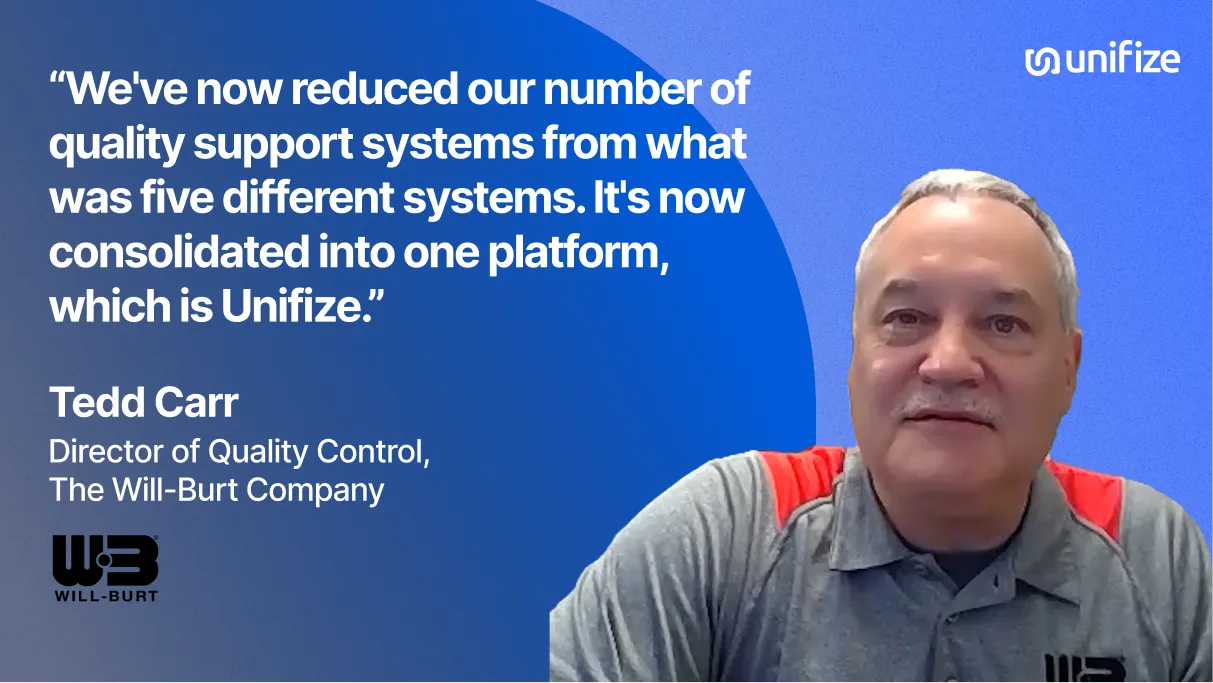Content Library
Wilson explores current trends in new product development within the cosmetics industry, focusing on sustainability, consumer-driven customization, and technological innovations. These trends underscore the industry's shift towards more eco-friendly practices and personalized consumer experiences.
Trends in New Product Development
No items found.
No items found.
No items found.
No items found.
No items found.










